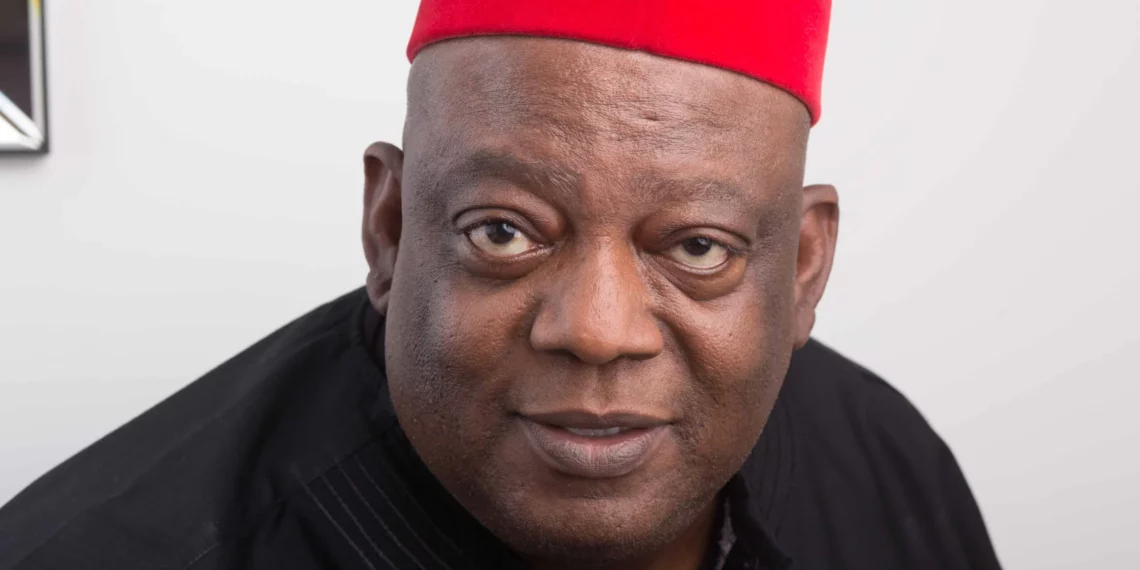Despite signs of economic recovery highlighted in the 2025 Mid-Year Budget Review, experts have cautioned that Ghana remains in a precarious position, with critical revenue underperformance and foreign exchange instability threatening sustained progress.
Speaking on TV3’s Ghana Tonight on Thursday, July 24, the Chief Operations Officer of Dalex Finance, Mr. Joe Jackson, delivered a sobering assessment of the economy. He warned that beneath the surface of the recovery narrative, significant structural risks still persist.
“The first risk is that Ghana’s revenue sources are underperforming, which is a huge risk,” Mr. Jackson said. “The customs revenue shortfall is huge, and we must be concerned.”
According to him, the shortfall in customs revenue is being compounded by increased smuggling activities, depriving the state of much-needed funds. “That dovetails into the fact that smuggling is supposed to take away some of our revenue, [as well as] wage and salary pressures,” he added.
Reiterating his long-standing stance, Mr. Jackson emphasized, “Ghana is still broke. Let us not think that the benevolence and the goodness we have enjoyed mean we are out of the woods yet.”
Another major concern raised by Mr. Jackson relates to Ghana’s foreign exchange market. He drew attention to the growing divergence between the Bank of Ghana’s official exchange rate and the parallel market rate, describing it as “never a good sign.”
“That tells you that we are not able to get dollars from the banks at the official rate. Nobody chooses to go to the forex [market] if they can get it from the bank,” he noted. “That divergence tells you that people are prepared to pay more to get what they want.”
Adding to the discussion on TV3’s Key Points on Saturday, July 26, political science lecturer at the University of Ghana, Dr. Joshua Jebuntie Zaato, echoed concerns about the management of Ghana’s forex regime. He pointed fingers at the thriving informal foreign exchange dealers popularly known as “abochi.”
“One thing we have not done well is dealing with the abochi saga,” he remarked. “You go to the bank, there is no dollar, but the abochi is standing behind the bank with dollars.”
Dr. Zaato described this phenomenon as “disturbing” and called for immediate policy action to tackle the parallel market menace, which he says undermines the authority of the central bank and distorts the real value of the cedi.
In a more political twist, Dr. Zaato criticized what he described as inconsistencies in the narrative of the current government regarding the state of the economy inherited from the previous administration. While commending the government for admitting to the IMF that it inherited a sound recovery framework, he questioned why that same narrative is not shared with the Ghanaian public.
“They made it look like they inherited a crime scene, but when they meet the IMF, they praise the former government. This doesn’t show consistency,” he argued.
This criticism comes as Finance Minister Dr. Cassiel Ato Forson presented the mid-year budget, defending the current administration’s economic strategy and casting blame on the previous Akufo-Addo administration for what he described as gross economic mismanagement.
According to Dr. Forson, the Mahama-led government inherited a fragile financial sector characterized by high non-performing loans and an IMF programme in distress. “Indeed, as President Mahama said, the whole of Ghana was a crime scene,” he stated during the presentation.
Nevertheless, he asserted that under President Mahama’s leadership, significant reforms have been initiated to stabilize the economy, and “the signs of recovery are visible.”

